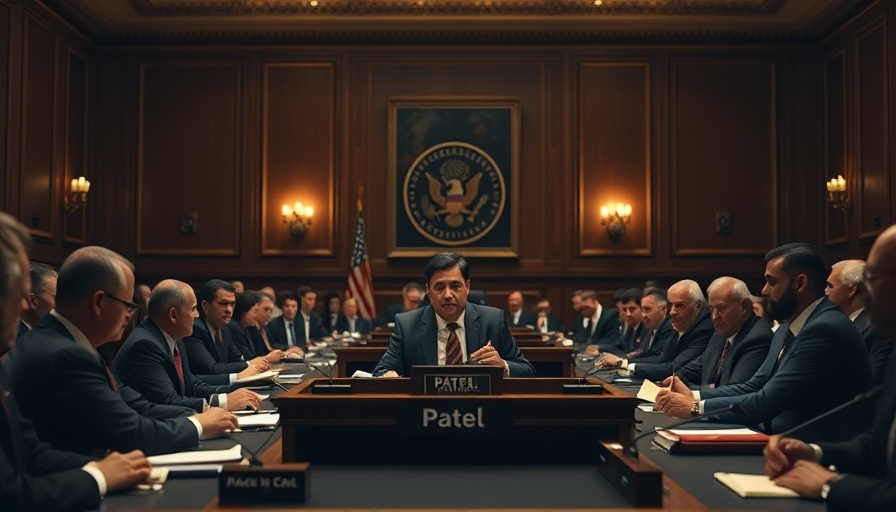
Understanding the Drop in Crime Rates in D.C.
During a recent oversight hearing, the atmosphere was tense as officials discussed the crime rates in Washington, D.C. Recent statistics reveal that crime is down significantly in the last month. Robberies have plummeted by 42%, carjacking by an astonishing 85%, and overall violent crime has reduced by 25%. With these encouraging numbers, many citizens may feel a sense of relief. Still, the data raises questions regarding crime classification and reporting.
In 'Chairman Jordan’s Questioning at Hearing on Oversight of Washington, D.C.,' the discussion dives into the complexities of crime rates and reporting, exploring key insights that sparked deeper analysis on our end.
The Controversy of Crime Reporting
The conversation turned heated as Congressman Jim Jordan confronted D.C. officials regarding allegations of manipulating crime statistics. The head of the Fraternal Police, Mr. Peton, claimed that law enforcement is often directed to classify serious offenses as lesser crimes, raising concerns about transparency. For instance, the term "taking property without right" could be viewed as an attempt to downplay theft. Why create a new category that could be perceived as misleading to the public? These questions linger in the minds of D.C. residents.
The Role of Law Enforcement in the Neighborhood
Another point of discussion involved the necessity of the National Guard in D.C. The officials affirmed that while the National Guard is an asset, their large presence around the city does not equate to effective crime deterrence. It leaves citizens pondering whether D.C. truly requires a more active law enforcement presence or if community-oriented strategies may prove more beneficial.
The Background of Crime Statistics
Over the past months, residents have been inundated with reports of fluctuating crime rates, often contrasting early predictions of increased violence. Understanding the historical context of these statistics is crucial for residents as they assess the safety of their neighborhoods. With a backdrop of various social factors, including economic changes and community programs, the decline in crime rates may also reflect broader efforts and policy changes.
As a conservative audience, staying informed on these contentious issues is vital. As we navigate these complex topics, take a moment to engage in the conversation—what do you believe is the best way forward for D.C.? It is crucial that we continue to advocate for transparency and effectiveness in our law enforcement agencies.
 Add Row
Add Row  Add
Add 




Write A Comment